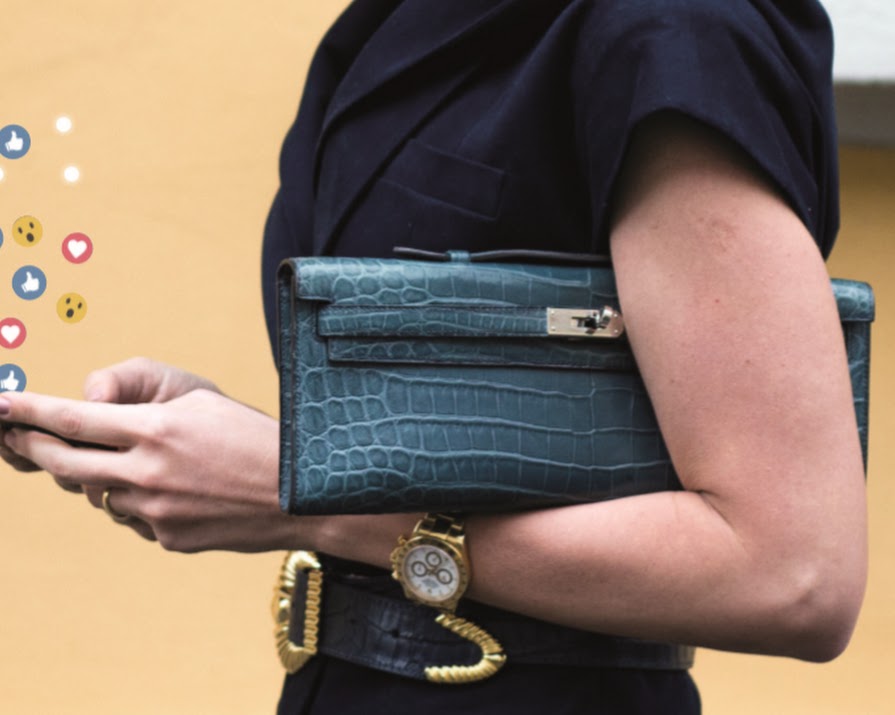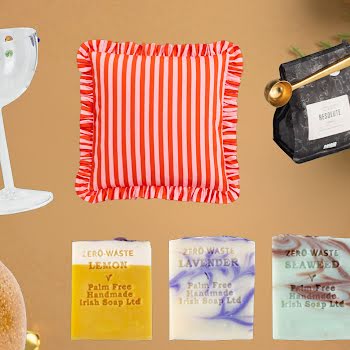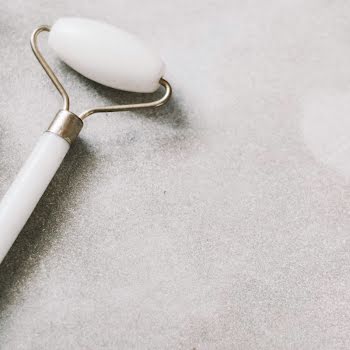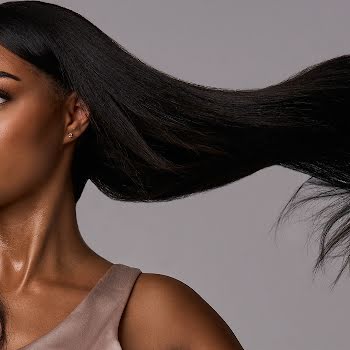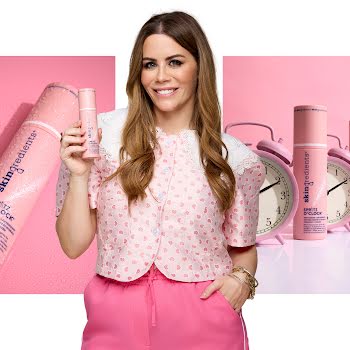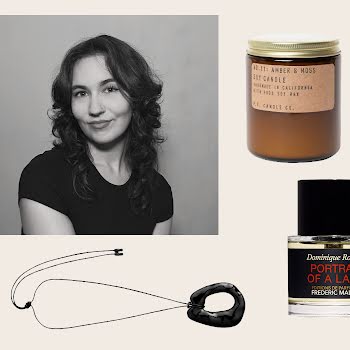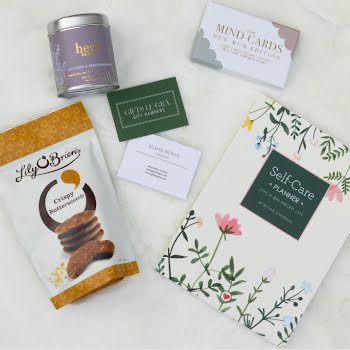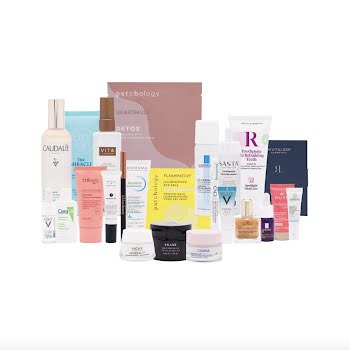
By Lia Hynes
Influencers are an easy target for our ire, but maybe it’s time we considered exactly what we are blaming and shaming them for. Liadán Hynes talks to @eimearvarianbarry and @mre.soeur about the work they do and why they do it.
It arose out of a conversation amongst women.
London-based designer, podcaster, single mother and Instagrammer Carrie Anne Roberts (@mre.soeur – 43.2 thousand followers) and her friends were discussing the negativity they had witnessed towards Instagram influencers posting ads over the past few months.
Carrie decided to address it on her feed: “I wanna talk about ads. Before we even get into the level of abuse some people receive on here for posting ads, I would like to make it V clear that as the ONLY person who financially contributes to my household I’m not always in a position to turn down a paid job.
I worked my own way out of benefits as a single parent three years ago with no financial help from anyone and there’s not a day goes by when I don’t think about that or stay awake stressing over money so I really mean it when I say that unless you’re going to start paying or feeding my son then you have zero right to comment on how I keep a roof over our heads.”
“I had seen so much backlash when people did ads, and I’d had conversations with my girlfriends, but never addressed it online,” Carrie explains to me. “As someone who is on the other side, I thought I had to share my thoughts about it.”
“So if you find yourself feeling disappointed in me please,” her post concluded, “know that it’s not a patch on how disappointed I’ll be in myself if I let shit slip.”
There are two issues at play here. The first is the attempt to shame a woman into not doing whatever it is she’s doing. You’re disappointing us. The second is the ongoing issue of how women are expected to do it all (isn’t it time that we dispense with the nonsense that having it all is an actual realistic life goal?), with little to no formal societal support. Children, work, run house.
And how we ignore the fact that Instagram has provided a workspace which allows women a flexibility hard to find in other forms of employment. Firstly, the shame. Is it just me, or do you find yourself asking, on an increasingly regular basis, would a man ever have to deal with this?
We passively accept advertising as a given from all kinds of traditional content providers. Magazines. TV . Online publications. So why not the women of Instagram? Obviously, for every person who spends days or weeks creating their sponsored content, there is one who simply films herself opening that morning’s PR gifts.
But for women like Carrie, a huge amount of work goes into the ads on their feed. Between a brand initially making content, and money actually going in the bank, as much as a year can go by.
Eimear Varian Barry, one of Ireland’s most popular Instagram stars, now UK-based, says she finds it hard to describe what she does, but that it is and always has been about documenting what she loves about life. As such, when there is an ad on her feed, it fits in with the overall tone and aesthetic of her output.
She recalls a follower coming at her to complain: “‘Oh it’s just ad ad ad now’. I had done two ads in a row. I was like, ‘Are you actually kidding me?’ I didn’t do any ads for ages. And like, so what if I was? It’s just jealousy. An attitude of ‘how dare she?’”
She turns down sponsored content regularly. “I could be doing a load of flash-in-the-pan collaborations; I get approached all the time,” Eimear explains, adding, “I went through a couple of months last year where I just didn’t do any commercial collaborations. The stuff that was coming in just wasn’t me.
“It’s so easy for PRs and brands to forget you’re dealing with a person, not a product. Companies are finally approaching me and saying, ‘Oh, that’s so Eimear.’”
Isn’t there something a little bit sexist about the down-with-this-kind-of-thing attitude we adopt to ads on the gram? It’s okay for you all to play around on there, but try and earn some money from it? Make an actual living? That’s another thing.
“Would you prefer if I went off and commuted to London and did a nine-to-five in an advertising agency and did the exact same thing as what I’m doing on Instagram; creating content?” Eimear asks. “Would it be more acceptable then because it’s a proper job?
“Because it’s more in line with what society wants us to do? It’s a change in the way of working. People don’t like change; it’s threatening.” It’s as if there is a reluctance to validate the work women are doing online. “I feel like I’m not allowed do this a lot of the time,” Eimear reflects. “It’s not imposter syndrome.” More an attitude of who do you think you are, she says. “A key word is justification. I feel like I have to justify.”
She feels a lot of it comes down to jealousy. Jealousy at the sight of a woman having the ability and confidence to do what the commenters themselves would like to do. It’s something Carrie mentions too, saying those criticising are “often people who are in similar situations to you, or they’re trying to be.”
That situation is not just the perceived glamour of the life of an influencer, but also flexibility professionally. “Even if I was posting ads, that’s entirely irrelevant,” says Carrie, who is the sole provider for her young son. “If that’s paying my bills, that’s paying my bills. I try and keep a certain amount of integrity there, and be creative with it, and keep it relevant, but at the same time, I’m the only person who financially contributes to my child’s life, to my household. So if bills need paying, they need paying.”
She points out the different standards applied to women online in terms of being true to their brand. “If you had a normal job, and you were like, ‘Ugh I don’t really want to do it, it doesn’t fit in with me’, what are you going to say to your boss? No?”
Both of these women are entirely self-made, where they are without financial family support. Both began their businesses when they had very young children. It feels like they’ve earned the right to decide for themselves what they put on their platforms, without anyone trying to blame, shame, or come at them with hand-wringing disappointment.
“I’m doing my job,” Carrie says now of the message she wanted to get across in her original Instagram post. “No one’s talking to you about your job and telling you how to do it. So don’t tell me how to do mine. If you don’t like the ads that I’m doing, don’t engage with them. Or unfollow me. It’s a choice.
“I’m doing this because there are times when I have to do this, because it pays my bills more than my business does. Or it means I will not lay awake stressing every night. Having panic dreams and anxiety.”
The reason we engage so heavily with Instagrammers like Eimear and Carrie is because they share so much of themselves online. They were authentic before it became a social media trend; it’s why we’re so heavily invested.
If alongside all that they put out there, they want to make a living from their online platforms – disappointing? No. Well deserved. As Carrie puts it, “If I have to do a post, or a couple of posts a month, to sustain us, then what that means to me, and my kid, is more than what someone may possibly think of me doing an ad for shampoo.”
This article originally appeared in the Volume 2 issue of IMAGE Magazine.
Photography by Jason Lloyd Evans.











